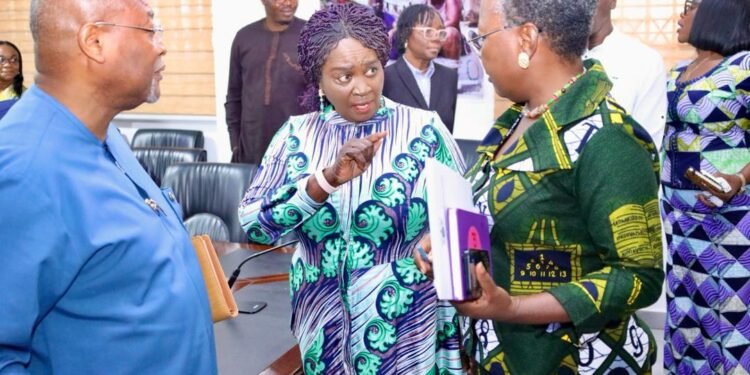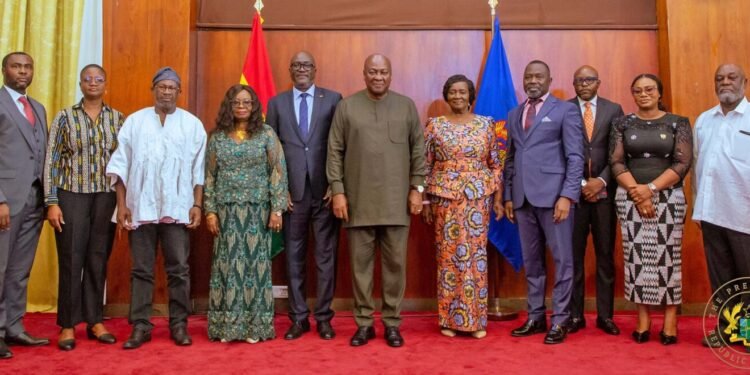A day after presenting his defense to an impeachment proceeding against him, the Ecuadorian President Guillermo Lasso dissolved the opposition-controlled National Assembly by decree, and called for early elections for the legislature and the presidency.
The constitution of Ecuador now permits the president to rule by decree, for up to six months, before fresh elections are conducted. The previous election was slated for May 2025.

The National Electoral Council of Ecuador, now has a week to announce the dates for presidential and legislature elections, and conducted with 90 days.
Lasso rejected claims that, he covered up an alleged corruption connected to a contract at the state-owned oil transportation firm, Flopec.
The congressional oversight committee, which received testimony from opposition members, party officials, and Lasso’s attorney, indicated in its findings that, it did not recommend impeachment. However, majority of lawmakers supported the resolution, alleging that Lasso permitted the corrupt deal to continue.

“Ecuador needs a new political and social pact to allow it to escape from the serious political crisis, the country is in, and which unfortunately is getting worse day by day,” Lasso stated in a recorded address to the nation. The President has referred his decision as “democratic” and constitutional, saying he want to return power to Ecuadorians.
The Constitutional Court of Ecuador would serve as a “control mechanism,” while Lasso governs by executive order until fresh elections are held, which could elect a new president as early as August. Lasso already issued a tax reform order, that according to him, would result in lower taxes for Ecuadorians.
According to some lawmakers, any dissolution would be contrary to the laws of the land, and they would resist it. Nelson Proano, commander for the Armed Force stated that, “Ecuador’s military and police have, and will hold their absolute respect for the constitution and the law.” Proano also explained that, the president’s decision to dissolve the legislative body was backed by the constitution.

However, Police and members of the military has surrounded the National Assembly building, preventing any one from entering the building. Per this decision, the impeachment proceeding can be considered over, since there’s no National Assembly to deliberate on the issue.
Moreover, the Confederation of Indigenous Nationalities, who recently organized protests, that have nearly shut down the nation, has criticized Lasso’s decision. Leonidas Iza Salazar, commander of the group, claimed Lasso “launched a cowardly self-coup with the help of the police and the armed forces, without citizen support” as he faced “imminent dismissal.”
Also, according to Will Freeman of the Council on Foreign Relations and a research fellow for Latin American Studies, Lasso’s choice indicates that “he was aware the opposition had enough votes to impeach him.” “Mass protests are likely in the coming days,” Freeman added.
“It is hard to imagine Lasso is making this move without the tacit support of the top brass in the military,” Freeman averred. “In the past, protests have tended to turn destructive quickly and security forces have also crack down,” he explained further.

In order to dissolve the assembly, Lasso first exercised the nuclear option available to him as a President, in disputes with the legislative branch. The constitutional provision calls for dissolution of the national assembly and temporary rule by decree. The constitutional clause is called the “death cross,” and it was enacted in 2008.






















